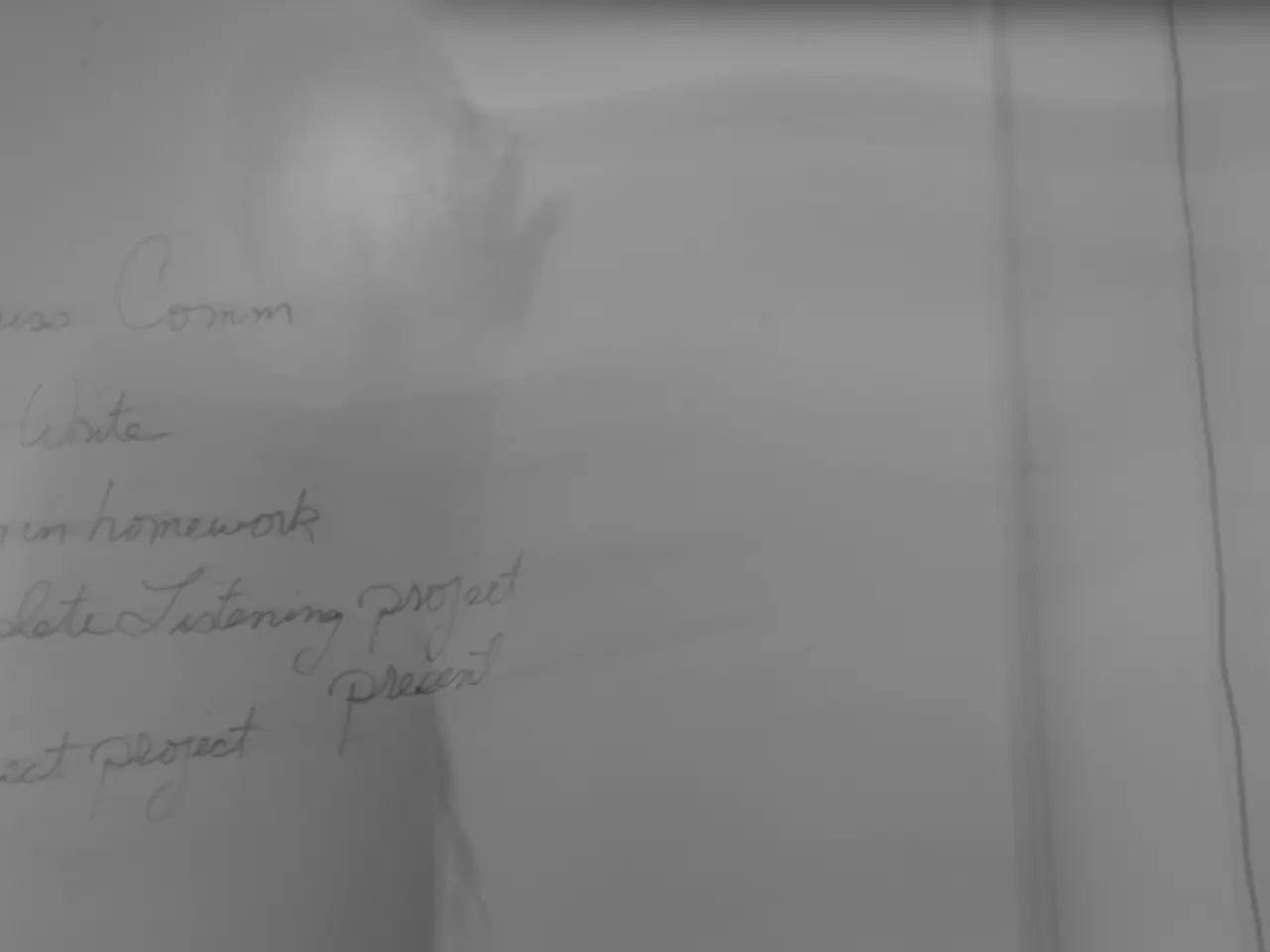Increased taxes lead directly to the brink of disaster, as per Alice Weidel's statement
In the face of a severe economic crisis, Alice Weidel, federal spokeswoman for the Alternative for Germany (AfD), has been vocal about her opposition to further tax increases in Germany.
According to the AfD, the total tax revenues of all public hands in Germany last year amounted to almost a trillion euros. Yet, the German state, despite having the highest tax revenues in its history, is also taking on unprecedented levels of debt. This, Weidel argues, is a clear sign of an expenditure problem, not an income problem.
Weidel's arguments against tax hikes revolve around viewing such measures as politically misguided, economically harmful, and aligned with a government approach she describes as a "capitulation." She interprets these potential financial burdens on citizens during crisis conditions as unnecessary.
The order of the day in times of crisis, according to Weidel, is to cut unnecessary state expenditures and reduce burdensome bureaucracy and taxes. A state that cannot manage its highest tax revenues and is also taking on unprecedented levels of debt is directly on the path to socialism, she contends.
The AfD's positioning shows a clear line against tax increases to avoid undermining economic resilience and citizen prosperity during difficult times. The party generally promotes reducing the tax burden and opposes policies that increase government control or spending during crises, consistent with their broader right-wing populist stance.
Weidel has been critical of government measures perceived as surrendering to economic or political pressures. For instance, she described official coalition documents as a "document of capitulation." Additionally, fact-checking sources indicate Weidel has made claims linking social costs like rising health insurance contributions to political decisions, although some of these claims were ruled false.
The current economic crisis in the Federal Republic of Germany is taking a toll on citizens and businesses. They are suffering from inflation, high taxes, energy prices, rampant bureaucracy, and 'climate' central planning. Key industries are experiencing catastrophic profit losses, massively reducing jobs, and moving their production abroad.
If the Union gives in to the demands of the Social Democrats for further tax increases, it will leave the next generations an economic wasteland and completely shattered public finances, Weidel warns. The fiscal policy turnaround is contingent on the AfD, she argues.
For more information, the press contact for the Alternative for Germany can be reached at the provided phone number and email address. The information provided in this content is from the Alternative for Germany, as transmitted through news aktuell and sourced from ots.
- The Alternative for Germany (AfD) opposes tax increases, viewing them as politically misguided and economically harmful, withWeidelarguing that the current economic crisis is a matter of expenditure, not income, and that such tax hikes could lead to unnecessary burdens on citizens.
- In line with their broader right-wing populist stance, the AfD promotes reducing the tax burden and opposes policies that increase government control or spending during crises, such as policy-and-legislation related to higher taxes, which they believe could have a detrimental impact on economic resilience and general-news regarding citizen prosperity.




